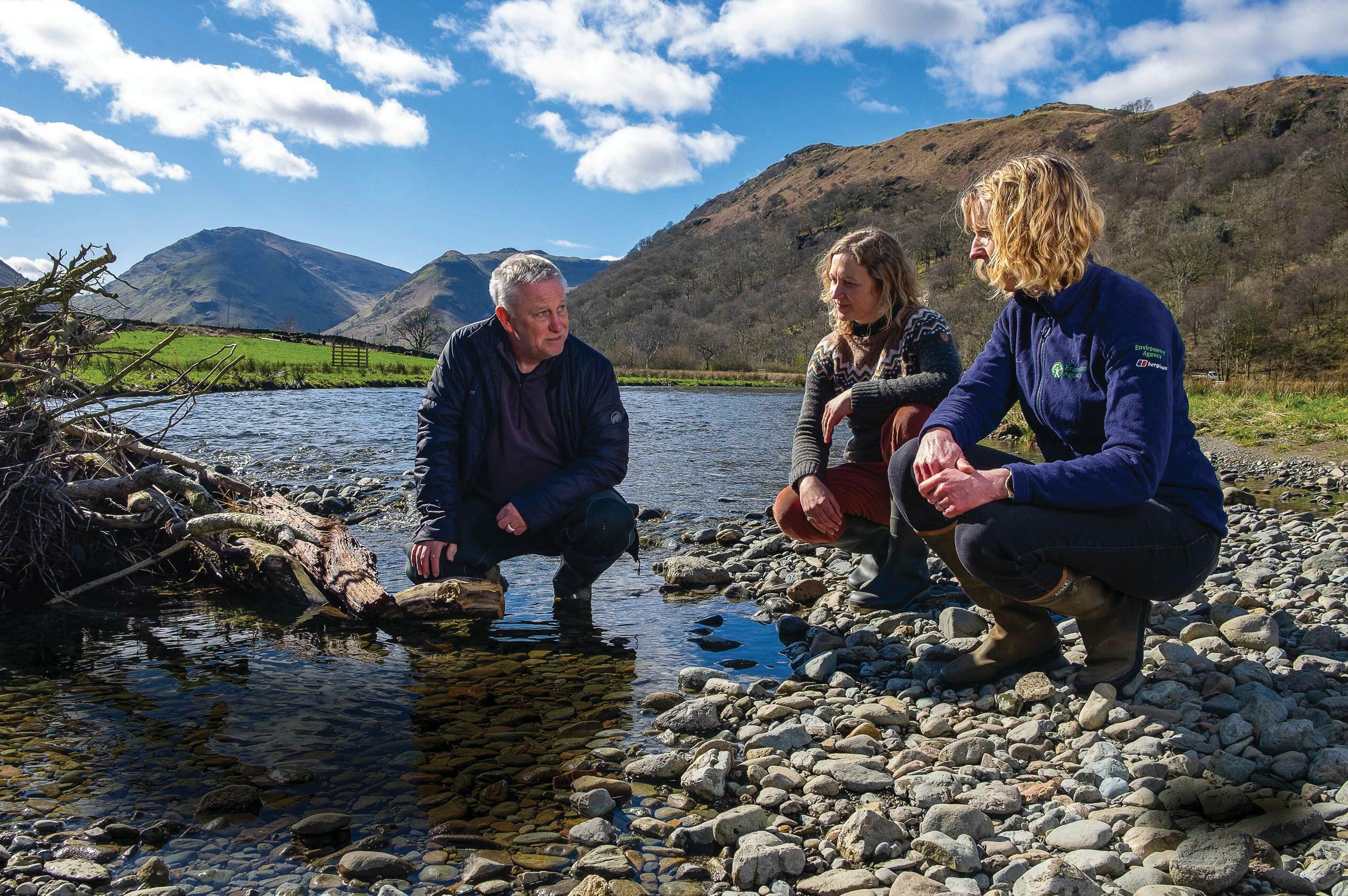
It is a still, sunny spring day in Goldrill Beck, a meandering river in the Ullswater Valley in Cumbria's magnificent Lake District. Cradled by mountains, this Site of Special Scientific Interest (SSSI) is slowly waking up after winter. Brown and white Herdwick sheep graze in a neighbouring paddock, while clumps of soft rushes poke up through the waterlogged grassland.
The unpolluted river trickles fast but shallow, leaving gravel deposits along every bend, 'redds' for critically endangered Atlantic salmon to lay their eggs, which will become nurseries for fry as they emerge. And like the baby salmon, this environment is in its infancy - at the start of a journey of transformation. At a time when the UK's rivers are at their most vulnerable, it's a sight for sore eyes.
Of course, you would expect a bucolic scene like this in the Lake District, one of the UK's most popular natural beauty spots. But it's surprisingly rare to see a river meandering along its natural course here - and just a year ago, this one didn't. In fact, the last time this river looked like this was three centuries ago, before the whole floodplain was straight-jacketed into a canal.
In the late 1700s, Goldrill Beck was canalised to free up upland for grazing. Running parallel to the A592, the water ran deep and fast and persistently gnawed away at the underside of the road over the years. Walking along the road, you can glimpse the former condition of the beck where a section of the canal still remains - the water hurtles through, too swiftly for wildlife or plants to inhabit, leaving only large boulders on the river bed. But this is not unusual in the Lake District.
RIVER RESTRICTION
Denne historien er fra August 2023-utgaven av BBC Countryfile Magazine.
Start din 7-dagers gratis prøveperiode på Magzter GOLD for å få tilgang til tusenvis av utvalgte premiumhistorier og 9000+ magasiner og aviser.
Allerede abonnent ? Logg på
Denne historien er fra August 2023-utgaven av BBC Countryfile Magazine.
Start din 7-dagers gratis prøveperiode på Magzter GOLD for å få tilgang til tusenvis av utvalgte premiumhistorier og 9000+ magasiner og aviser.
Allerede abonnent? Logg på
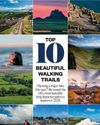
TOP 10 BEAUTIFUL WALKING TRAILS
Planning a major hike this year? We reveal the UK's most beautiful long-distance paths to explore in 2025

Free to feel good
We know time outdoors makes you feel better, but if you have a disability, getting out there isn't always easy. That's why charities like the Calvert Trust aim to give everyone the freedom of the countryside.

Vanishing fog
As new findings suggest fog may be disappearing from our world, Fergus Collins meets fog chaser Laura Pashby who treasures its power to transform landscapes - and ourselves

Smithfield's closure will be the end of an era, but it still has a future
What connects the great Victorian novelist Charles Dickens, the comedy actor TerryThomas and a branch of the Henson family?
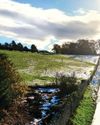
Electric dreams
Could this new cycling route in the Shropshire Hills become a star of Britain's bikepacking scene? Matt Baird mounts an electric bike to navigate the hills, thrills and basilicas of the Marcher Castles Way
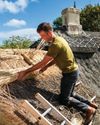
Up on the roof
Thatched roofs have been a part of the British countryside for 5,000 years. Tom Allan is one of a dwindling number of craftspeople making sure this ancient tradition remains a vital part of our rural life.
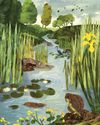
Sniffer dogs and tiny loos - the fight to save water voles gets serious
What do you do to discover how a much-loved but fast declining and elusive mammal is faring in its battle for survival along our rivers, streams and ditches? First, recruit hundreds of volunteers for look-out duties. Then call in specially trained detector dogs and build tiny floating loos.
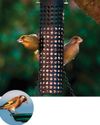
RSPB WARNS AGAINST USING FLAT BIRD FEEDERS
The RSPB is reviewing its bird-feeder products over growing concerns about the spread of disease among garden birds
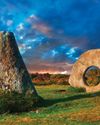
ANCIENT CORNWALL
England's wild far-western shores are scattered with mysterious ancient sites. Melanie O'Shea walks you back through time to the Celtic roots of Cornwall's ruggedly beautiful West Penwith peninsula

Famous terrier breeds
Despite their naturally combative nature, terriers make great pets, with most breeds described as affectionate, friendly, loyal or playful - or a mix of them all. James Fair details six key breeds
